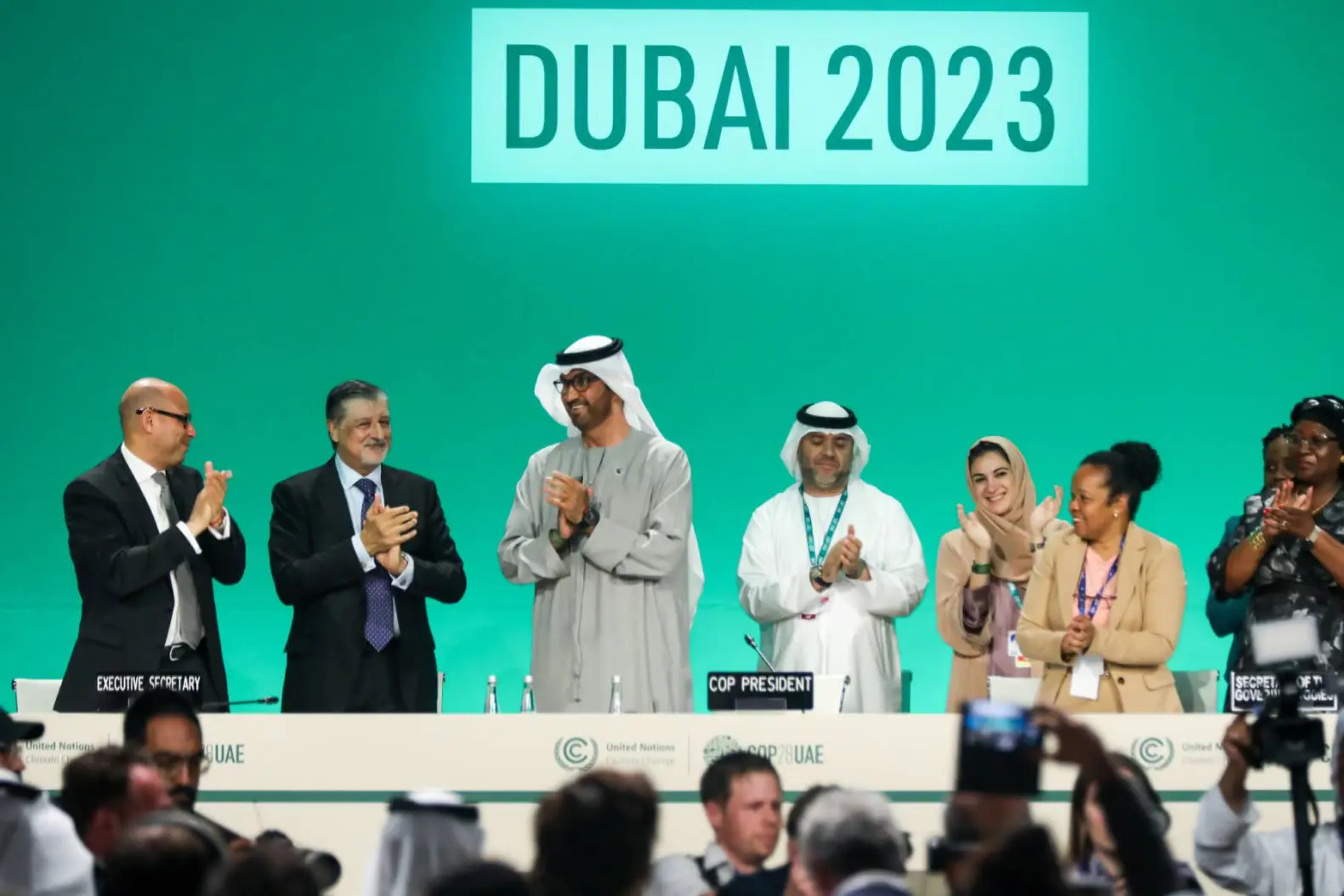COP28: Assessing the Summit's Impact

At COP28 in Dubai, nations officially endorsed a roadmap to "transition away from fossil fuels," marking a historic moment for UN climate conferences. However, the agreement fell short of the long-sought demand for a clear "phaseout" of oil, coal, and gas.
In response to the adoption of the outcome document, UN Secretary-General António Guterres highlighted the breakthrough in acknowledging the primary contributor to climate change. Guterres emphasised that the era of fossil fuels must conclude with justice and equity, asserting that a fossil fuel phase-out is inevitable, regardless of opposition.
The annual UN climate conference in Dubai, ongoing since November 30, witnessed unexpected extensions due to intense negotiations surrounding the inclusion of a call to "phase down" or "phase out" fossil fuels, a contentious issue dividing activists, climate-vulnerable nations, and larger countries.
Guterres stressed the necessity of ending the use of fossil fuels for limiting global heating to 1.5°C, a crucial target set in the 2015 Paris Agreement. While COP28 made commitments to triple renewables capacity, double energy efficiency by 2030, and progress on adaptation and finance, Guterres emphasised the need for more substantial efforts to ensure climate justice.
UN climate chief Simon Stiell described COP28's outcomes as a "climate action lifeline, not a finish line." Despite progress, he acknowledged that the trajectory towards just under three degrees of global warming poses a significant risk of human suffering.
The COP28 conference saw significant developments, including the establishment of a Loss and Damage Fund for climate-vulnerable countries, pledges for the Green Climate Fund, and increased funding from the World Bank for climate-related projects. However, reactions to the climate talks varied, with civil society representatives, activists, and small island developing countries expressing dissatisfaction with the final outcome.
Looking ahead, the next round of national climate action plans is due in 2025, with Azerbaijan announced as the host for COP29. Brazil has offered to host COP30 in the Amazon in 2025. Despite mixed reactions, COP28 is seen as a crucial step in addressing the real culprits of the climate crisis—fossil fuels—although concerns persist about loopholes and the financial responsibilities of wealthy nations in supporting the transition to renewable energy.
To view and compare company ESG Ratings and Sustainability Reports, visit our Company ESG Profiles page.
Source: UN

